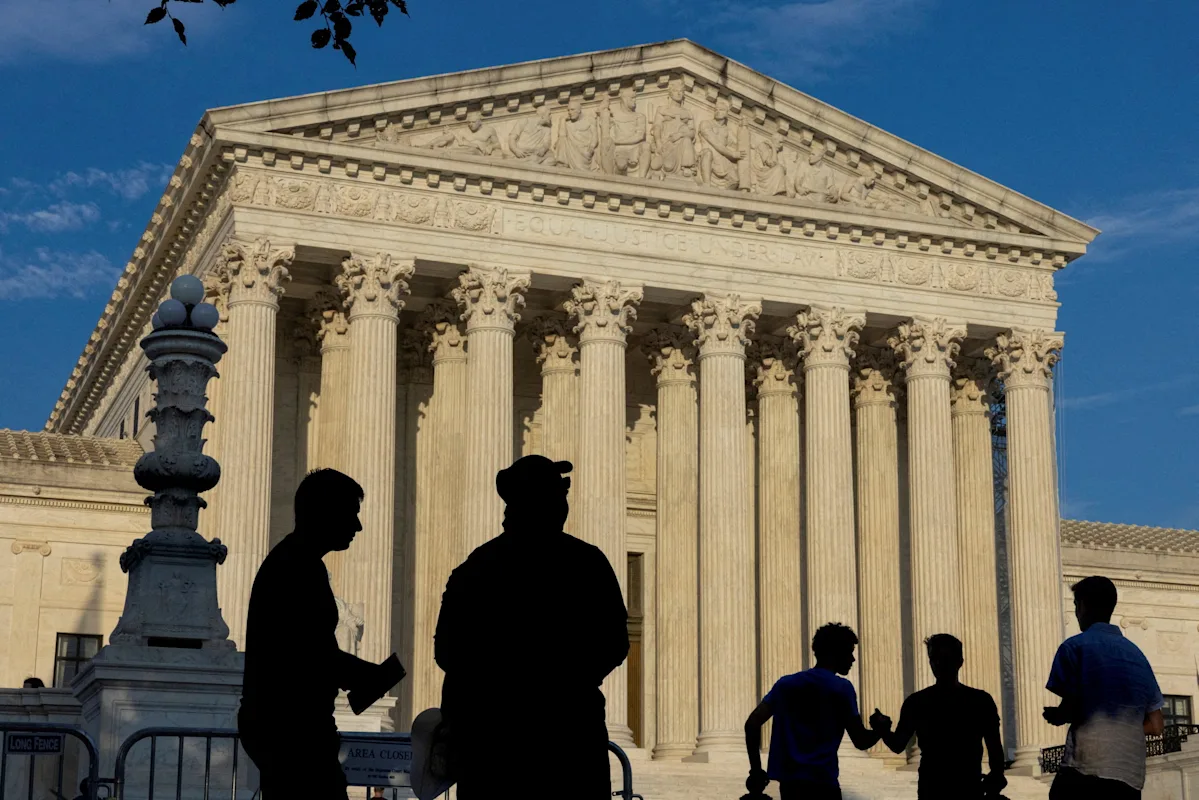Estate planning has been significantly impacted by the IRS Revenue Ruling 2023-2, which was published in March. This is especially true when a lifetime trust is a factor. Numerous families have started using irreversible trusts in the past ten or so years to keep their financial resources from being reduced to be eligible for government services like Medicaid and VA Aid and Attendance.
It was uncertain before the publication of this judgment if assets moving to recipients within a lifetime trust would experience a step-up in basis, erasing any earnings taxes that might have been owed.

In the past, investments that were sold during a person’s lifetime were typically liable for capital gains taxes on their appreciation. The difference between the price at the moment of purchase and the worth at the point of transfer substantially determines the sum of capital gains that must be paid.




